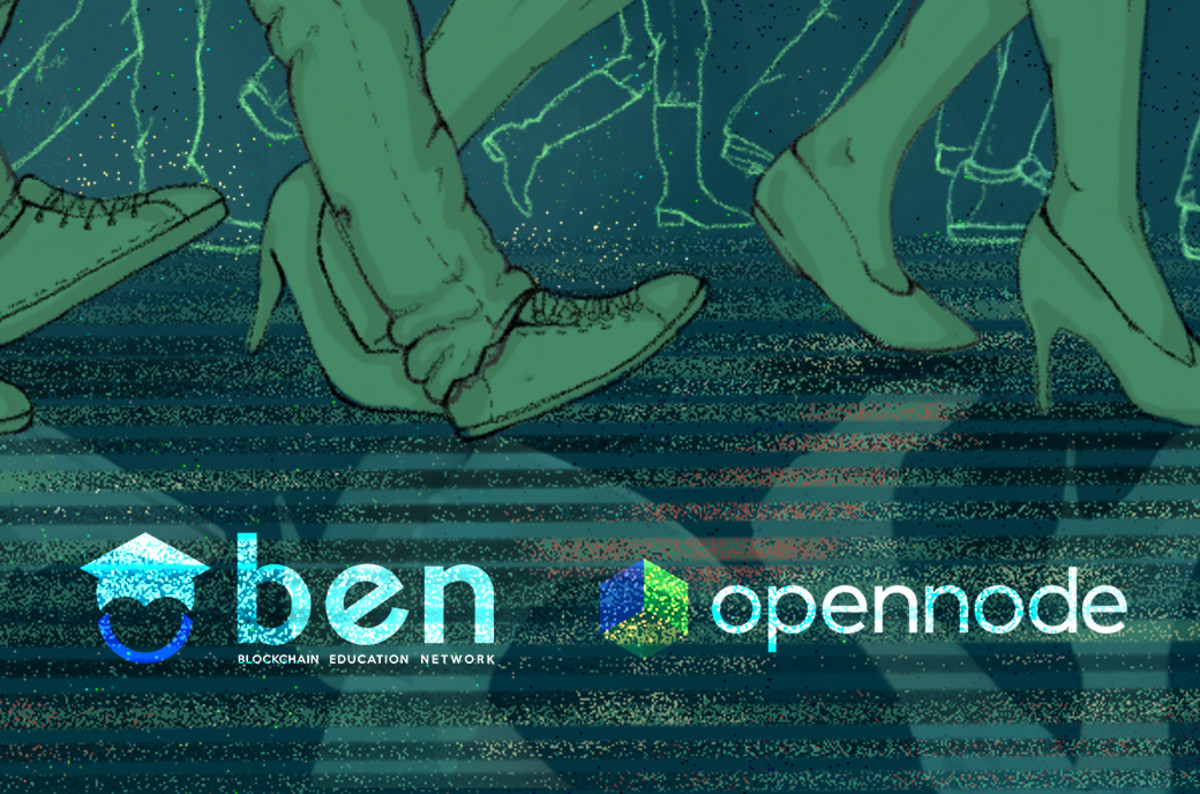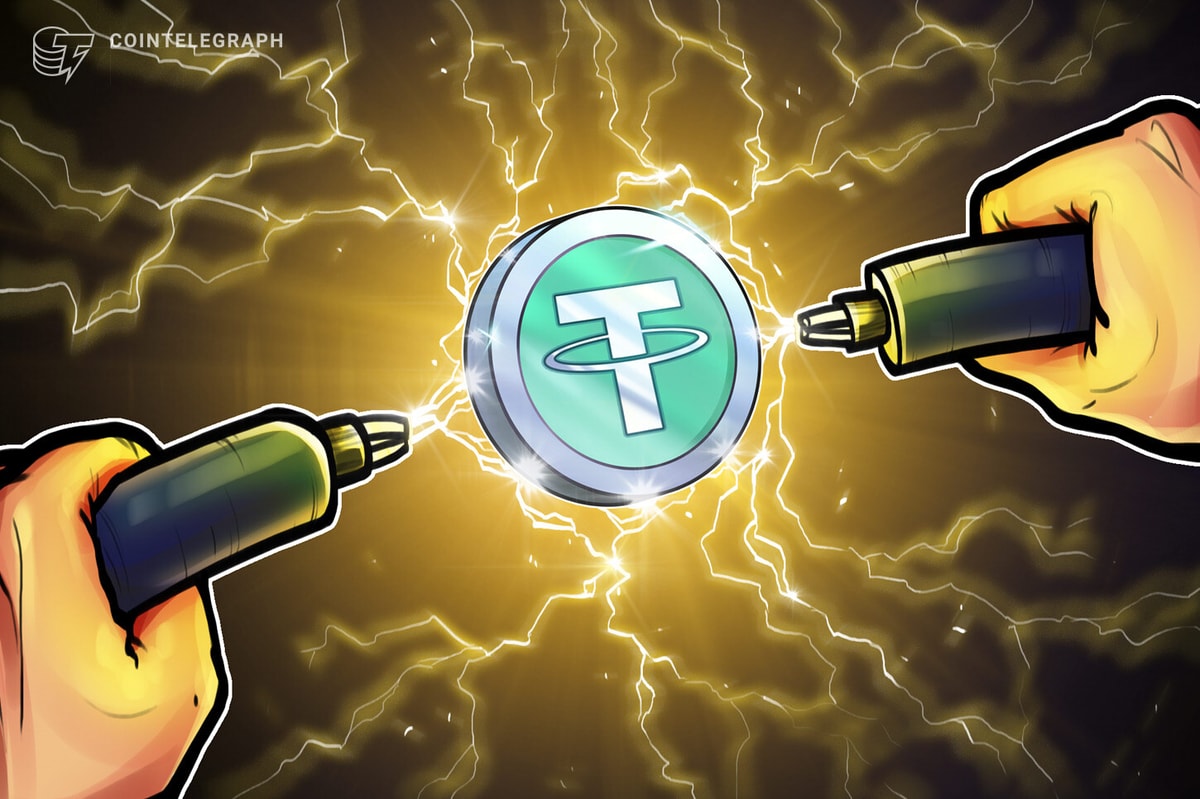
The partnership will help drive student adoption led by the Blockchain Education Network at campuses around the world.
Bitcoin payment service and Lightning technology company OpenNode has entered into a partnership with the Blockchain Education Network (BEN) in an effort to encourage Lightning Network education and adoption.
“OpenNode has plans to curate a curriculum that will empower any student interested in building on the Bitcoin blockchain with the Lightning Network,” OpenNode CEO Afnan Rahman told Bitcoin Magazine.
Informing the Student Body
BEN is active at some of the United States’ most notable academic institutions, such as Harvard University, the Massachusetts Institute of Technology, Columbia University, Stanford University, Johns Hopkins University and Yale University. The partnership will tap into BEN’s network of 2,300 students across 200 universities in the U.S., Italy and Columbia.
Using instructors from its curriculum partner program, BEN will teach students the ins and outs of Bitcoin and Lightning Network integrations, covering how to launch payment portals through OpenNode’s infrastructure. For its part, OpenNode will provide funding through its Corporate Social Responsibility Initiative.
The program will encourage students to take what they’ve learned to their local communities to convince merchants to accept bitcoin by integrating the Lightning Network. In return for their efforts, students may be rewarded with conference passes and have their expenses to BEN-sponsored events paid.
“With this initiative, we hope to see students all around the world pushing for Bitcoin adoption at their universities and surrounding local businesses,” Rahman told Bitcoin Magazine. “With more world-renowned universities adopting bitcoin, we are sure to see a growing network effect around the Lightning Network soon.”
Bitcoin Education Without Borders
Erick Pinos, BEN’s president, told us that the education network “has a longstanding tradition of partnering with key industry leaders to provide blockchain resources for their community through BENs online curriculum and other resources,” adding that OpenNode’s “similar missions and goals made this a clear partnership opportunity.”
Pinos continued to say that people need “an unbiased education they can trust” when learning about Bitcoin, stressing that students in areas where cryptocurrencies are stigmatized or outright banned risk falling behind students in more privileged countries who have access to the proper resources.
“We are in the very early stages of awareness and adoption,” he said. “In some countries, bitcoin is considered illegal or a scam. Education is vital in order to avoid misconceptions and minimize risk.”
But, in BEN’s view, a given country’s attitude toward bitcoin and cryptocurrencies at large shouldn’t prohibit its citizens from learning about the technology. Partnerships like the one with OpenNode will help it drive education, even in these regions.
“In countries where banks and governments make it difficult to use or own bitcoin, people risk falling behind the rest of the world who are able to own and use crypto. We believe the future is blockchain and the future is moving with or without you. Education has no regulation, even if bitcoin is illegal in your country or you are not a developer, the movement is going to continue, and anyone can be a part of it.”










